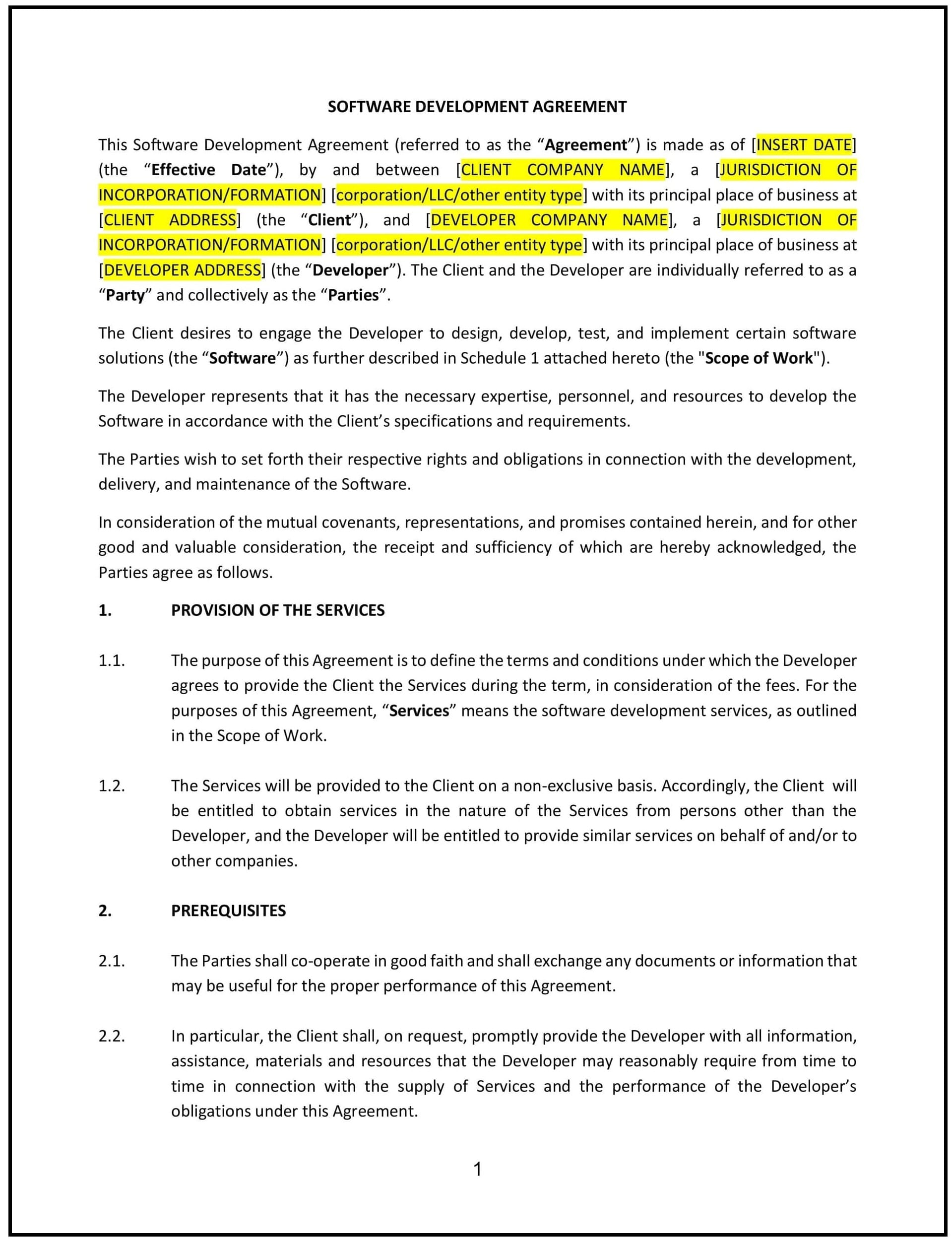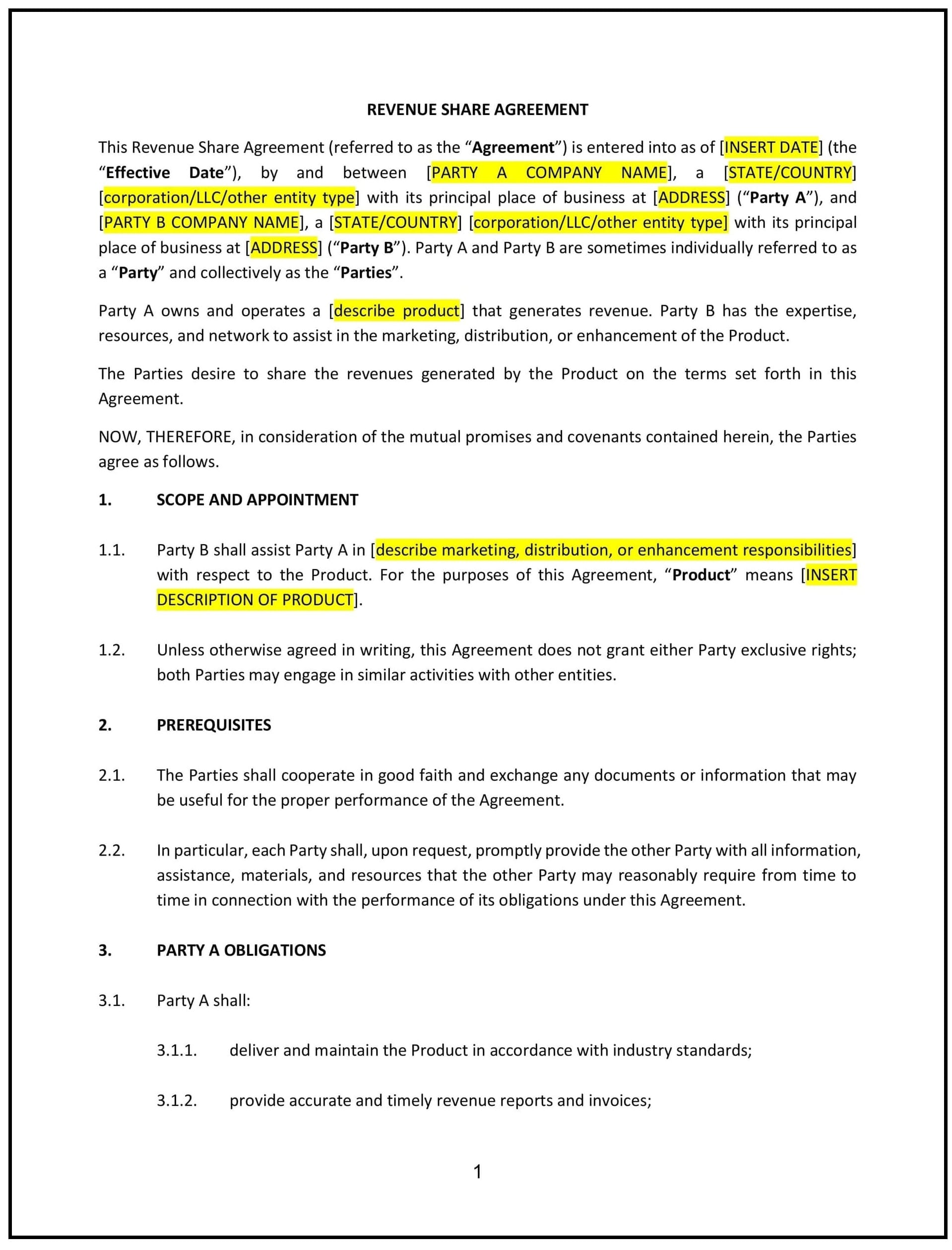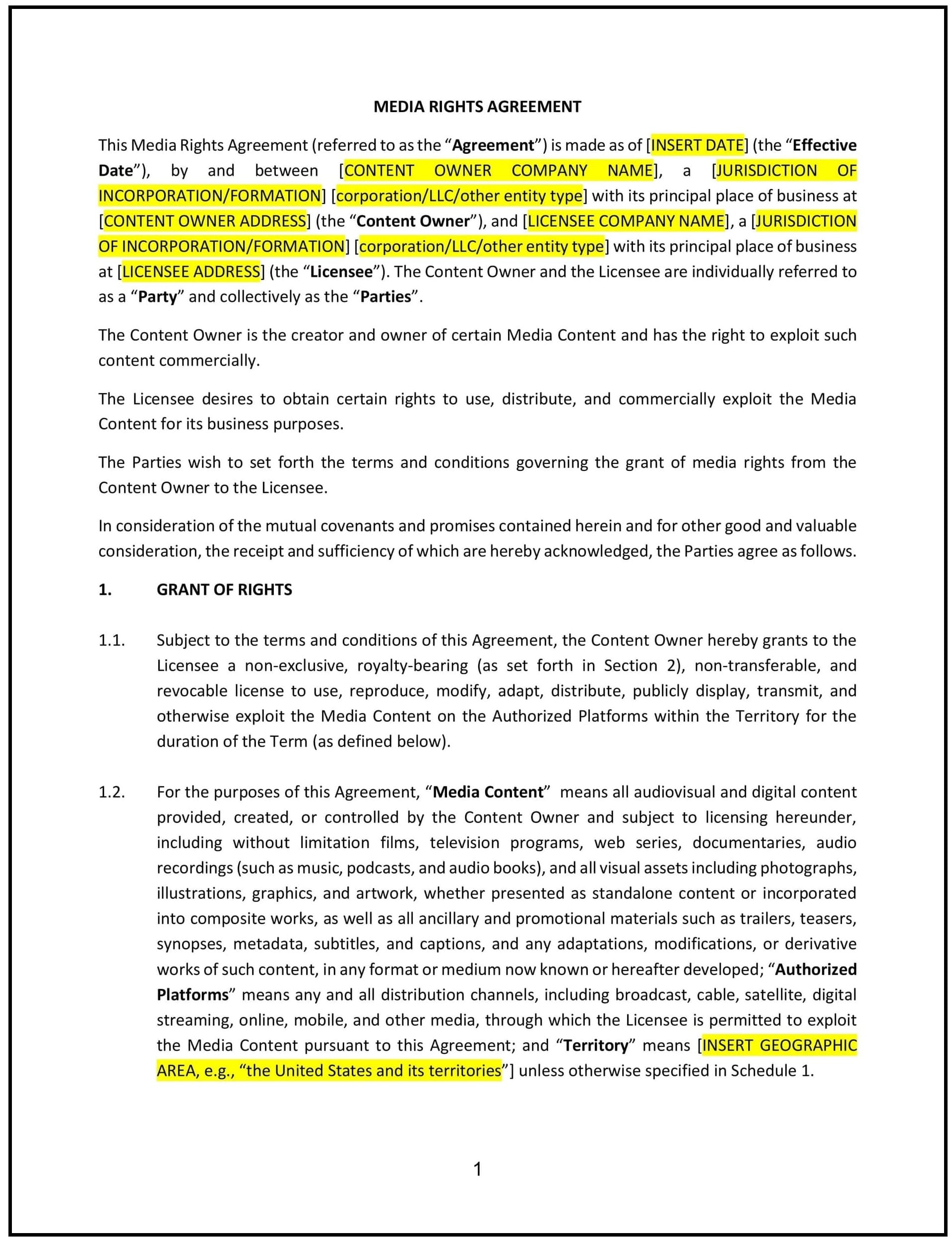Outsourcing Agreement (Alabama): Free template
Outsourcing Agreement (Alabama)
An Outsourcing Agreement is a legal contract between a company (the "Client") and a third-party service provider (the "Service Provider"), where the Client delegates certain business functions, processes, or services to the Service Provider. In Alabama, this agreement must comply with state laws regarding contracts, labor, and business transactions. A well-drafted agreement ensures clarity, minimizes disputes, and protects both parties' interests.
For example, a manufacturing company in Birmingham might outsource its logistics services to a provider in Huntsville. A clear Outsourcing Agreement specifies the scope of work, payment terms, performance metrics, confidentiality, and other critical details.
Tips for drafting and maintaining an Outsourcing Agreement in Alabama
- Identify the parties: Clearly specify the names, contact information, and roles of both the Client and the Service Provider. Example: “This Outsourcing Agreement is entered into by [Client Name], located at [Address], and [Service Provider Name], located at [Address].”
- Define the scope of services: List the specific services or functions being outsourced. Example: “The Service Provider agrees to provide the following services: [Description of Services, e.g., IT support, customer service, payroll processing].”
- Specify pricing and payment terms: Outline how the Client will pay the Service Provider, including pricing, discounts, and payment deadlines. Example: “The Client shall pay the Service Provider within [Number] days of receiving an invoice at the agreed-upon rate of [Amount] per [Hour/Project/Month].”
- Address performance standards: Detail the expected level of service, including key performance indicators (KPIs) and quality standards. Example: “The Service Provider shall maintain a minimum service level of [Percentage]% uptime for IT systems and respond to client inquiries within [Timeframe].”
- Include confidentiality and data protection: Protect sensitive business information shared between the parties. Example: “Both parties agree to keep all proprietary and confidential information disclosed during the term of this agreement strictly confidential.”
- Define intellectual property rights: Clarify ownership of any intellectual property created or used during the outsourcing engagement. Example: “All intellectual property developed by the Service Provider during the term of this agreement shall remain the property of the Client.”
- Add liability and indemnification: Clarify each party’s liability in case of errors, damages, or breaches of the agreement. Example: “The Service Provider shall indemnify the Client against any claims arising from negligence, errors, or omissions in the performance of the services.”
- Include a termination clause: Specify conditions under which the agreement can be terminated by either party. Example: “This agreement may be terminated by either party with [Number] days’ written notice or immediately in the event of a material breach by the other party.”
- Outline governing law and jurisdiction: Ensure the agreement specifies that it is governed by Alabama law and identifies the appropriate courts for dispute resolution. Example: “This agreement is governed by the laws of the State of Alabama. Any disputes arising under this agreement shall be resolved in the courts of [County], Alabama.”
- Include signatures: Both parties must sign and date the agreement to make it legally binding. Example: “IN WITNESS WHEREOF, the parties have executed this Outsourcing Agreement as of the date first written above.”
Frequently asked questions (FAQs)
Q: Does Alabama recognize Outsourcing Agreements as enforceable contracts?
A: Yes, Outsourcing Agreements are enforceable contracts in Alabama, provided they meet the basic requirements of a valid contract, such as mutual consent, offer, acceptance, and consideration.
Q: What happens if the Service Provider fails to meet performance standards in Alabama?
A: If the Service Provider breaches the agreement by failing to meet performance standards, the Client may pursue remedies such as refunds, compensation for losses, or termination of the agreement.
Q: Are there specific laws in Alabama governing outsourcing agreements?
A: While Alabama does not have specific laws exclusively for outsourcing, general contract law, labor laws, and consumer protection regulations apply. Clients and Service Providers must ensure compliance with these laws.
Q: Can an Outsourcing Agreement in Alabama include exclusivity clauses?
A: Yes, exclusivity clauses can be included, but they must be clearly stated and mutually agreed upon. For example, the Client may require the Service Provider not to work with competing businesses in a specific region or industry.
Q: How does Alabama’s data protection law affect outsourcing agreements?
A: Alabama’s data protection laws require businesses to safeguard sensitive information, especially if personal or financial data is involved. Both the Client and Service Provider must ensure compliance to avoid penalties or legal action.
This article contains general legal information and does not contain legal advice. Cobrief is not a law firm or a substitute for an attorney or law firm. The law is complex and changes often. For legal advice, please ask a lawyer.


